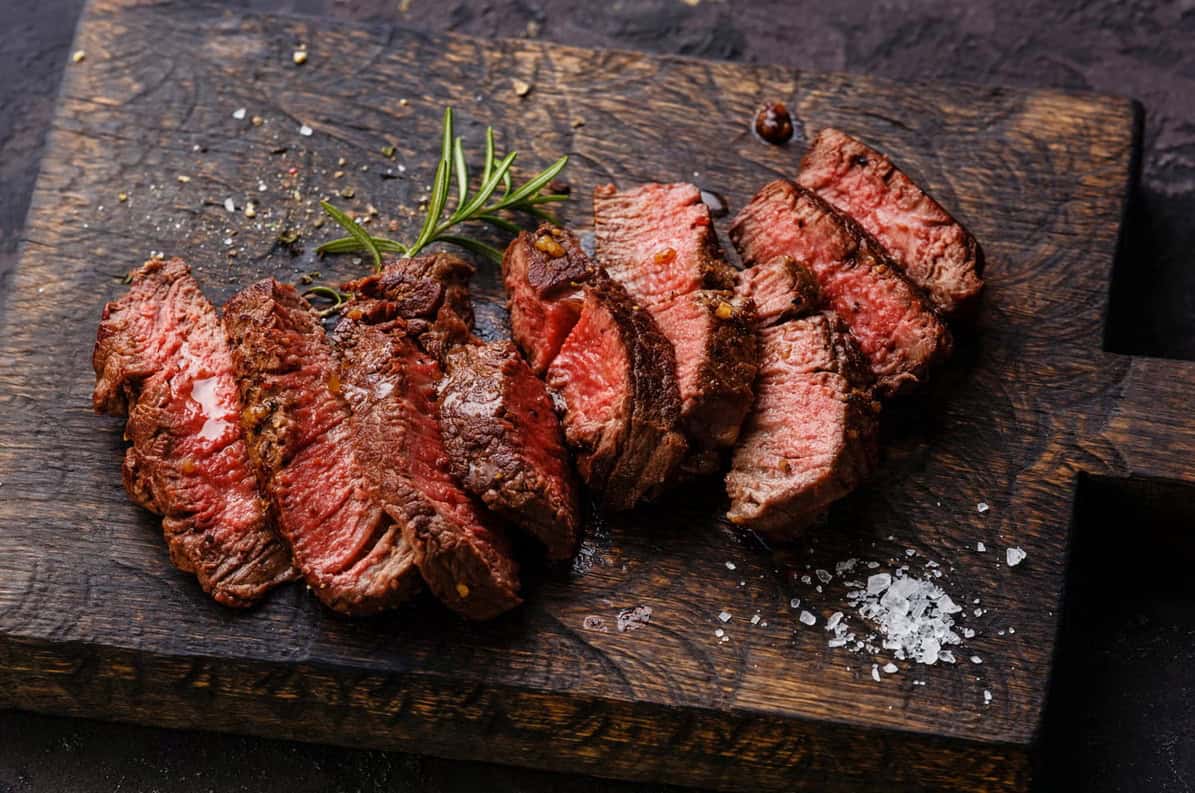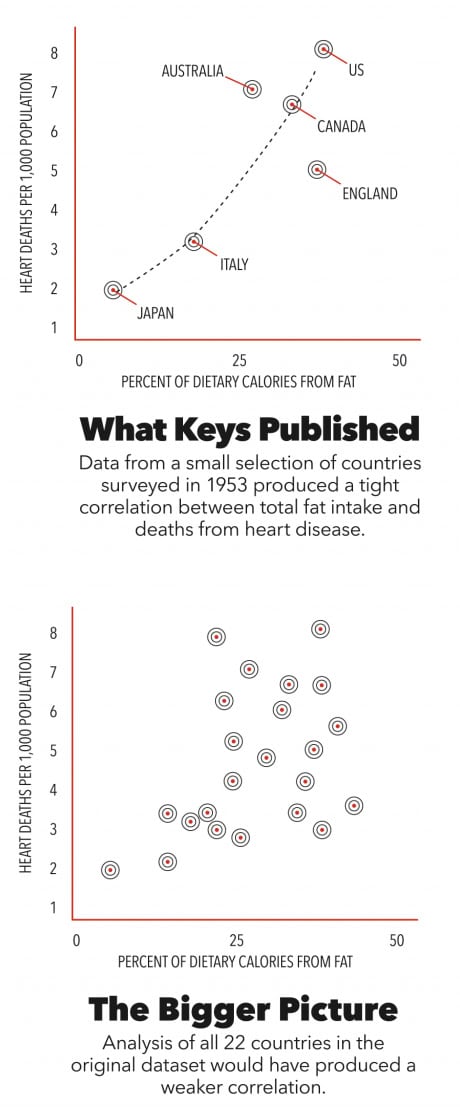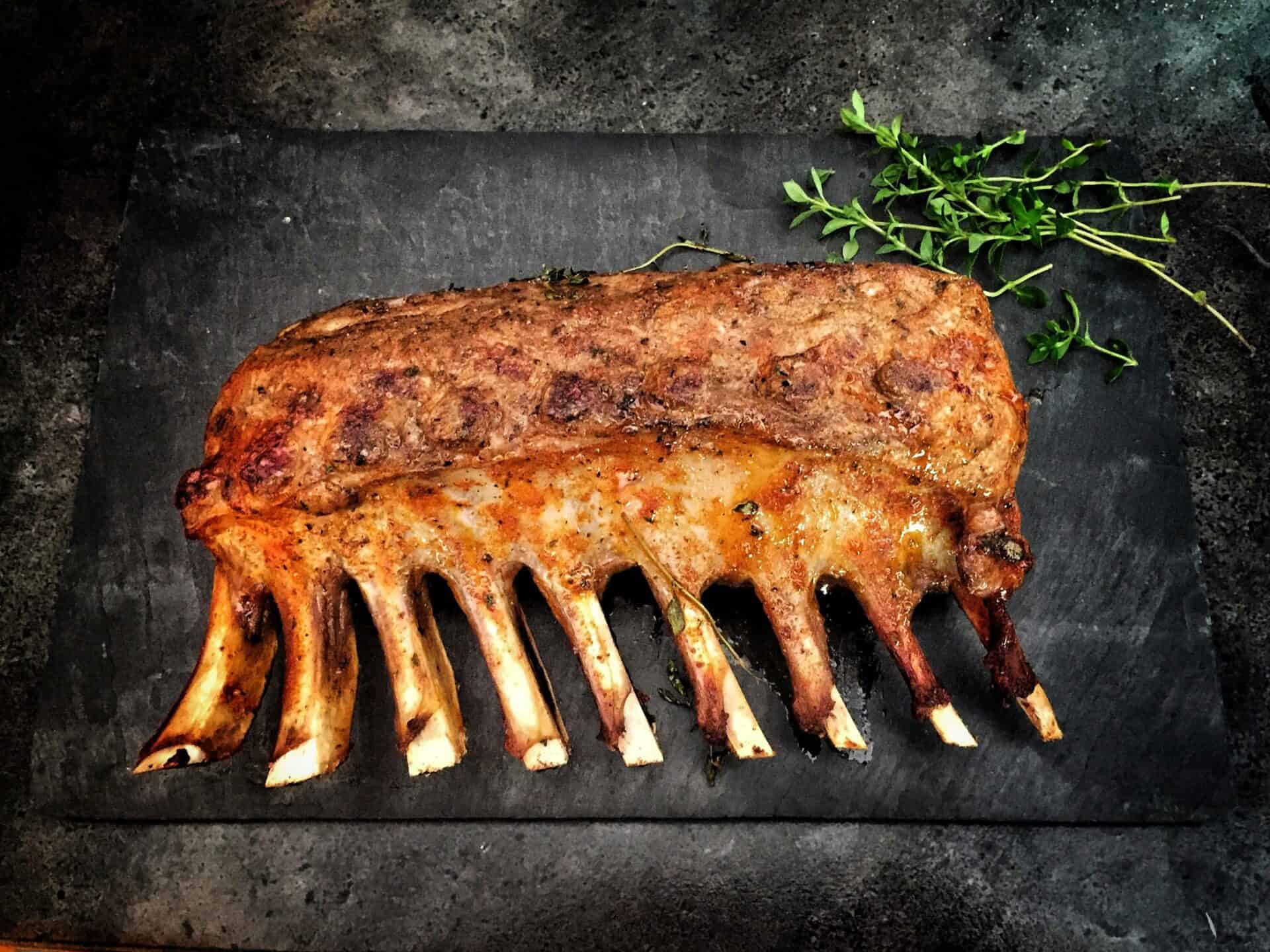Why Epidemiological Studies Are the Lowest of the Low (And What’s Actually Better)
Why Epidemiological Studies Are the Lowest of the Low (And What’s Actually Better)
Let’s be real, folks. We’ve all seen the headlines: “Red meat causes cancer!” or “Eggs will kill you faster than smoking!” And all this apocalyptic doom-saying? You can thank epidemiological studies—the worst offenders in the world of science. If studies were a high school class, epidemiological studies would be that slacker kid cheating off everyone else’s test and somehow getting the credit.
So, what’s the problem? Let’s dig in.
Epidemiological Studies: The Gossip Columns of Science
Epidemiological studies are like those sketchy tabloids at the grocery checkout screaming about alien babies and celebrity breakups. They don’t actually prove anything. Instead, they collect a ton of random data from questionnaires or interviews, try to spot trends, and then scream, “AHA! We’ve found a correlation!”
And correlation is…? Yeah, not causation. Just because two things happen at the same time doesn’t mean one caused the other. For example, if epidemiological studies had their way, they’d tell you that because people drown more often in summer and they tend to wear Hawaiian shirts more in summer, Hawaiian shirts are the silent killer of beachgoers. Should we be burning all of our 80’s Magnum P.I. Hawaiian shirts at the stake? Exactly.
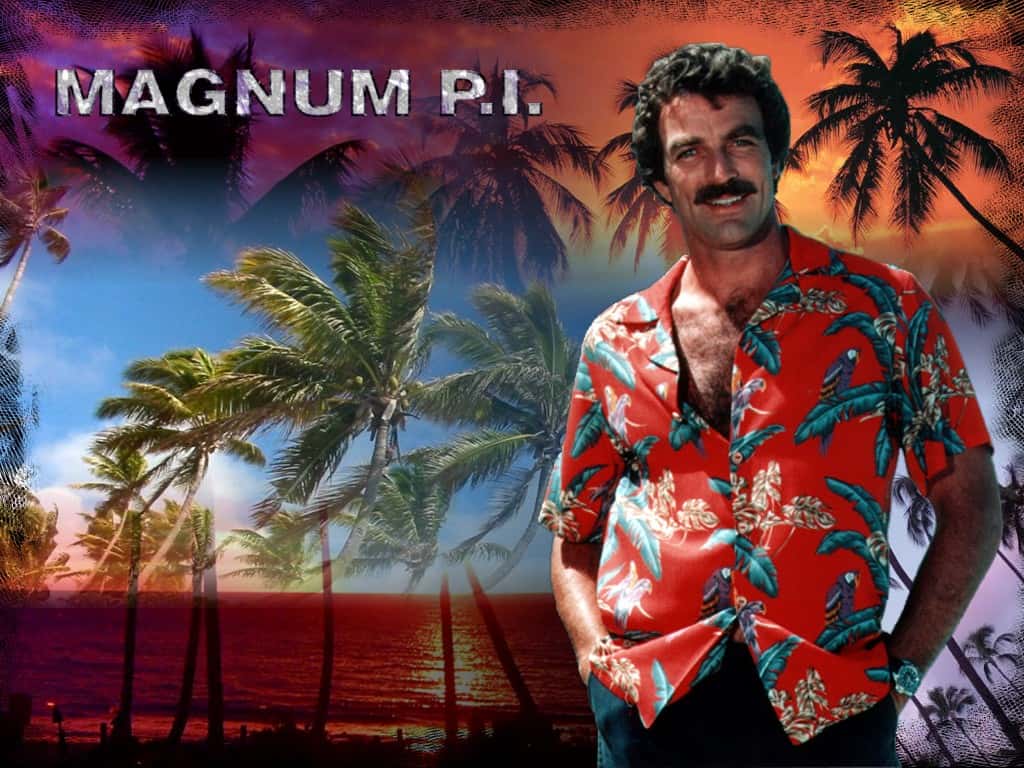
Case in Point: The War on Bacon
Remember when everyone freaked out about bacon being a cancerous death strip? That was thanks to—you guessed it—epidemiological studies. Researchers asked a bunch of people how much bacon they ate (spoiler alert: most of them probably lied or didn’t remember accurately). Then they cross-referenced it with how many people in that group got cancer. The result? They slapped a “bacon equals cancer” label on it faster than you can say “Sunday brunch.”
But there’s a problem here. Were these bacon lovers also chain smokers? Did they live next to a nuclear waste site? Maybe they chased their bacon with a side of deep-fried Oreos and washed it all down with a quart of soft drink. There’s no way to know what other factors were in play, but epidemiological studies don’t care. They’re just out here sowing bacon fear.
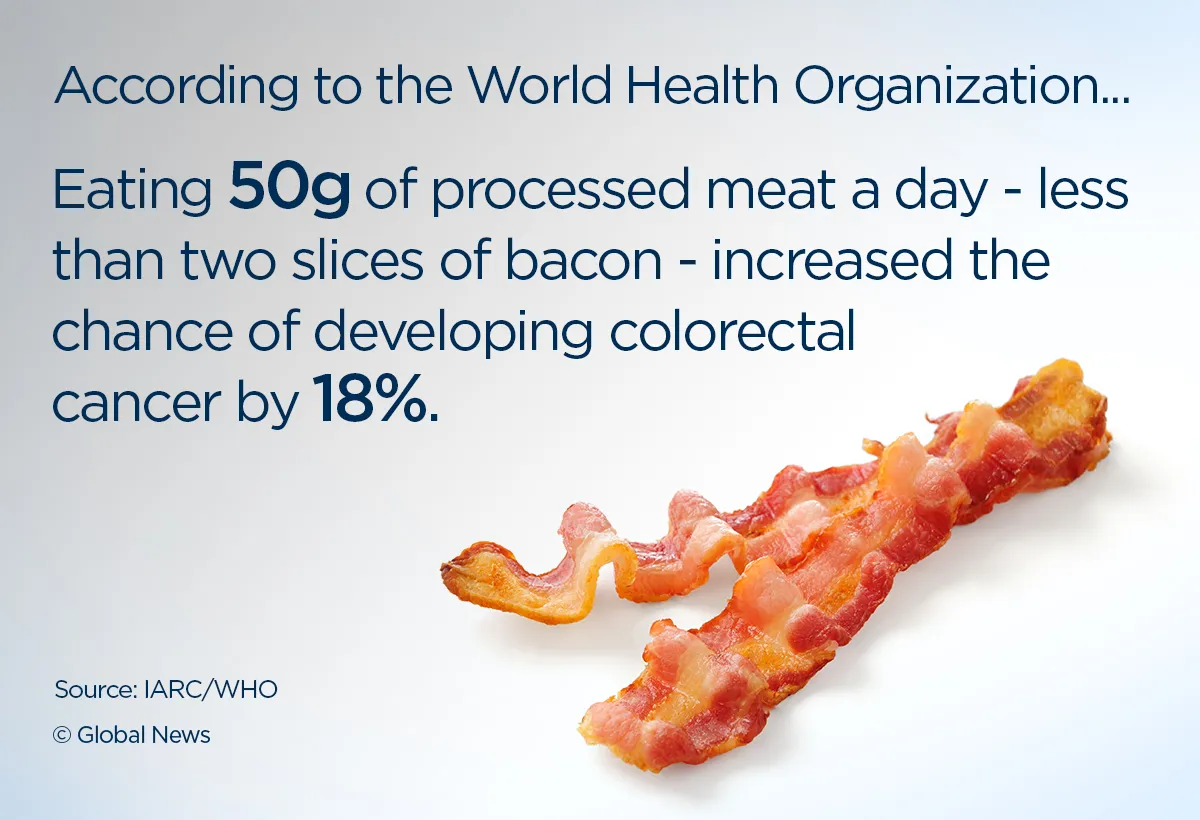
Meta-Analyses: The Wise Old Sages of Studies
If RCTs are the rock stars, meta-analyses are the wise old sages. They take a bunch of studies (including RCTs, not those trashy epidemiological ones) and weigh them together. It’s like crowd-sourcing wisdom. The more data points, the more reliable the result. So when a meta-analysis tells you that low-carb diets outperform low-fat diets for weight loss, you can take that to the bank.
Ancel Keys and His Dirty Deeds
Speaking of epidemiological studies and sketchy science, let’s not forget the infamous Ancel Keys. This guy is practically the poster child for how bad epidemiological research can steer the world off course. In his Seven Countries Study, Keys cherry-picked data to “prove” that saturated fat caused heart disease. He started with 22 countries but conveniently left out the ones that didn’t fit his theory—talk about bending the facts to suit the narrative.
The result? The entire world demonised saturated fat for decades, and we got stuck with the low-fat, high-carb diet that’s contributed to obesity, diabetes, and all sorts of health disasters. If you want to dive deeper into how this mess went down and why saturated fat isn’t the real villain, check out my blog post “Why Saturated Fat Ain’t the Enemy: The Carnivore Diet and the Real Cause of Heart Disease.”
Bottom Line
Epidemiological studies may make splashy headlines, but they’re more like throwing spaghetti at the wall to see what sticks. When you want real, bulletproof science, look for RCTs or meta-analyses. They’re the gold standard, not the gossip mill. And the next time someone tries to tell you bacon is a villain, feel free to drop this knowledge bomb on them.
Remember, folks—life’s too short to listen to junk science or give up bacon.
Now go ahead, cook up that steak, and share this post with the bacon haters in your life. Trust me, they need it.
Patrick
Steak Champion of the Savanna 🥩🏆

Related Carnivore Chronicles
You’ve made it this far—why stop now? Dive into these juicy Caveman Diaries that’ll keep your carnivore game strong. Whether you’re here for tips, tricks, or a good laugh at those “plant-based” myths, we’ve got you covered. Grab your steak, sit back, and enjoy the ride!
Oh, and while you’re at it, why not share this chronicle with your mates?
Hit Me Up – Let’s Get You Back in the Game!
Tired of feeling blah and ready to feel fit, healthy, and confident again? Shoot me a message, and let’s talk about how my carnivore and fitness coaching can help you crush your goals. This is your chance to start a real transformation – let’s make it happen together.

